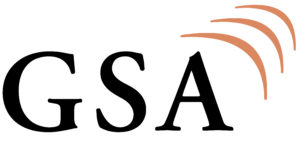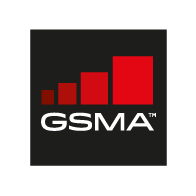NB-IoT & LTE-M Executive Summary December 2020
Executive summary – A full list of NB-IoT ans LTE-M networks can be found in the Member and Associate version of this report.
Continued mobile industry commitment to the range of 3GPP-standards-based Low Power Wide Area (LPWA) technologies has been demonstrated by the continued rise in the number of networks supporting NB-IoT and LTE-MTC (LTE-M) networks and the substantial growth in the number of Cat-NB1, Cat-NB2 and Cat-M1 compliant devices. There are:
128 operators that have deployed/launched NB-IoT or LTE-M networks in 62 countries.
158 operators actively investing in NB-IoT technology, of which:111 have deployed/commercially launched NB-IoT networks
28 are planning, piloting and/or deploying NB-IoT networks
19 are evaluating/trialling NB-IoT technology.
70 operators actively investing in LTE-M technology, of which:51 have deployed/commercially launched LTE-M networks
10 are planning, piloting and/or deploying LTE-M networks
9 are trialling LTE-M technology.
Note that a technology is regarded as deployed when it has been installed in the operator’s commercial network and is intended for continued commercial use (a trial or pilot installation might be discontinued). A network is considered to be commercially launched once it is available at least on a limited basis for the use of commercial customers.
In terms of IoT equipment, GSA has identified a significant rise in devices supporting 3GPP IoT standards in the past six months:
493 devices supporting either Cat-M1, Cat-NB1 (NB-IoT) or Cat-NB2, 26% more than were in the GAMBoD database at the end of June 2020. Of these:347 devices support Cat-NB1 (including known variants) up from 298 in six months
63 identified device models support Cat-NB2 (up from 25 models six months ago)
351 devices support Cat-M1 (including known variants), up from 254 device models since our last issue of this report.
Major industry initiatives worldwide, in areas like connected and autonomous vehicles, connected or smart homes, agriculture, robotics, smart industry, smart cities and smart energy, are exploring the potential of IoT. Companies are actively working on IoT use-cases involving both NB-IoT and LTE-M. We expect the IoT market to grow rapidly over the next five years and for 3GPP technologies to account for much of that growth as they continue to develop.
IoT infrastructure, chipsets, modules and devices are now available from a range of companies: large and small, well-established and start-up.
The increasing size of the 3GPP ecosystem will further drive commercialisation of IoT, with mobile operators, infrastructure suppliers, chipset and module manufacturers, device companies and development and testing houses supporting new services.

©GSA 2020
NB-IoT & LTE-M Executive Summary December 2020

